How KfW works to promote green hydrogen all over the world
Technologies for sustainably transforming sectors that cannot be electrified also include the use of hydrogen produced with renewable electricity – commonly referred to as "green hydrogen". “Power to X” technologies, which convert wind or solar power into hydrogen-based raw materials and energy sources that can be used, for example in the chemical and steel industries, are gaining in prominence.
Significant additional renewable power generation capacity is needed to produce the required amounts of electricity-based raw-materials and fuels. Given the limited areas potentially available for renewable expansion in Germany and even Europe, along with more favourable conditions in other countries, a significant share of the green gases and fuels needed will need to be sourced from abroad in the long term.
KfW…
- concludes contracts with state actors in other countries on behalf of the Federal Ministry for Economic Cooperation and Development in order to initiate the development of a sustainable hydrogen economy. These programmes promote the production and use of green hydrogen and its secondary products, such as hydrogen-powered vehicles and sustainable fuels. As a result, they improve profitability and increase the interest of other private investors.
- finances projects of German and European industry that are leaders in the field of green technologies. These include electrolysers manufactured in Germany – which are the heart of hydrogen production – as well as infrastructure for transport and facilities for storing hydrogen. In addition, capital is provided for goods and facilities across various industries that use green hydrogen, such as hydrogen-powered trains or plants for producing green steel.
- advises and finances companies and projects worldwide in the field of green hydrogen production and use. Feasibility studies for projects in the area of green hydrogen are also prepared.
KfW’s PtX Platform
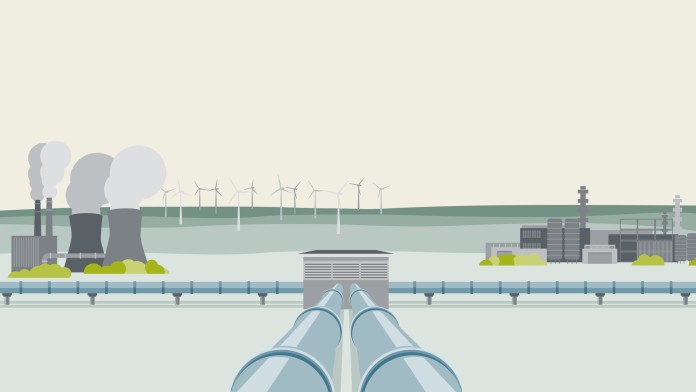
KfW has launched the PtX Platform to bundle KfW’s diverse promotional and financing instruments. This one-stop shop coordinates and implements tailor-made financing for projects along the entire value chain. It aims to promote capital-intensive PtX projects, which would not yet pass banking requirements, especially in developing countries and emerging economies, as easily as possible in order to close existing financial gaps.
PtX Development Fund in developing countries and emerging economies
In addition to good framework conditions, targeted government support is required to establish PtX technology on an industrial scale and worldwide. This is because the green hydrogen economy is characterised by global value creation and trade networks, with substantial involvement from developing countries and emerging economies. Further financing from KfW Group complements the promotion of the Development Fund. This provides optimal support for countries in the Global South to pilot this crucial future technology and accelerates its global market adoption.
Examples of projects
Further information
Status: 15 November 2024

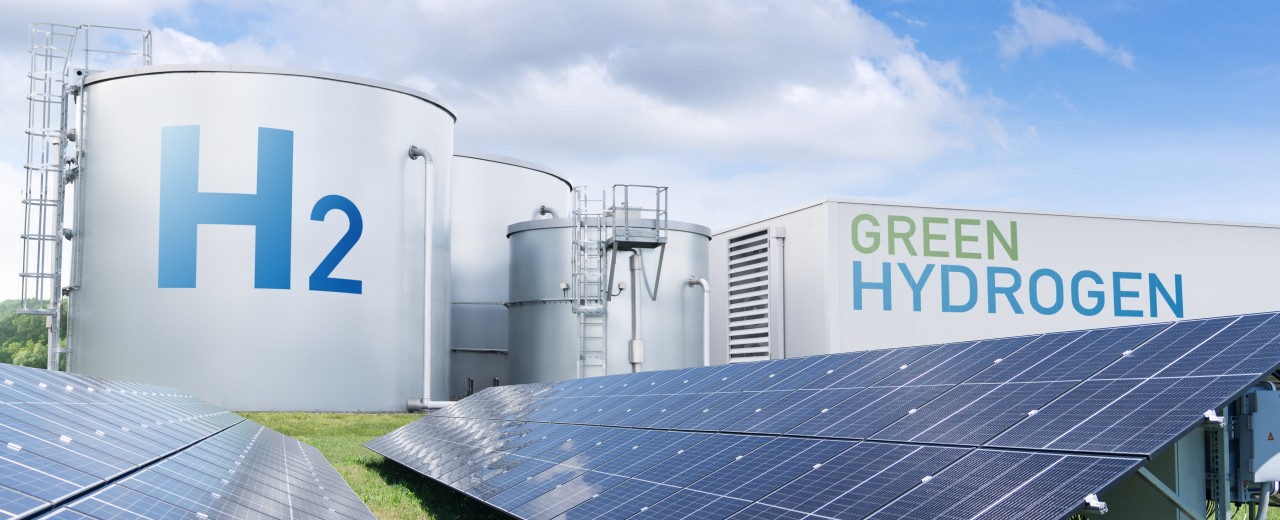
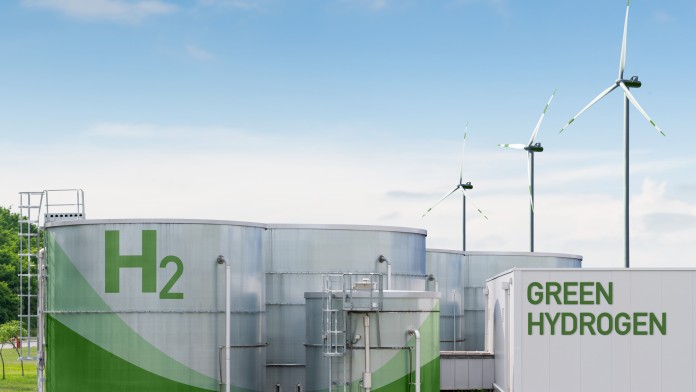
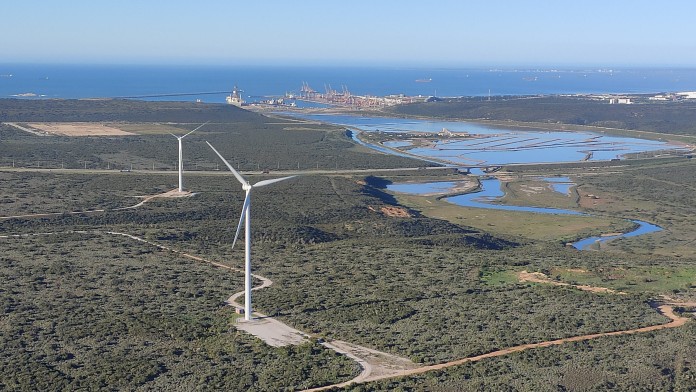
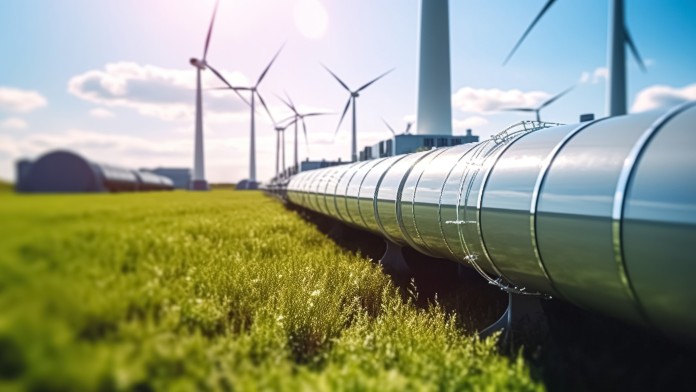



Share page
To share the content of this page with your network, click on one of the icons below.
Note on data protection: When you share content, your personal data is transferred to the selected network.
Data protection
Alternatively, you can also copy the short link: https://www.kfw.de/s/enkB25GE
Copy link Link copied